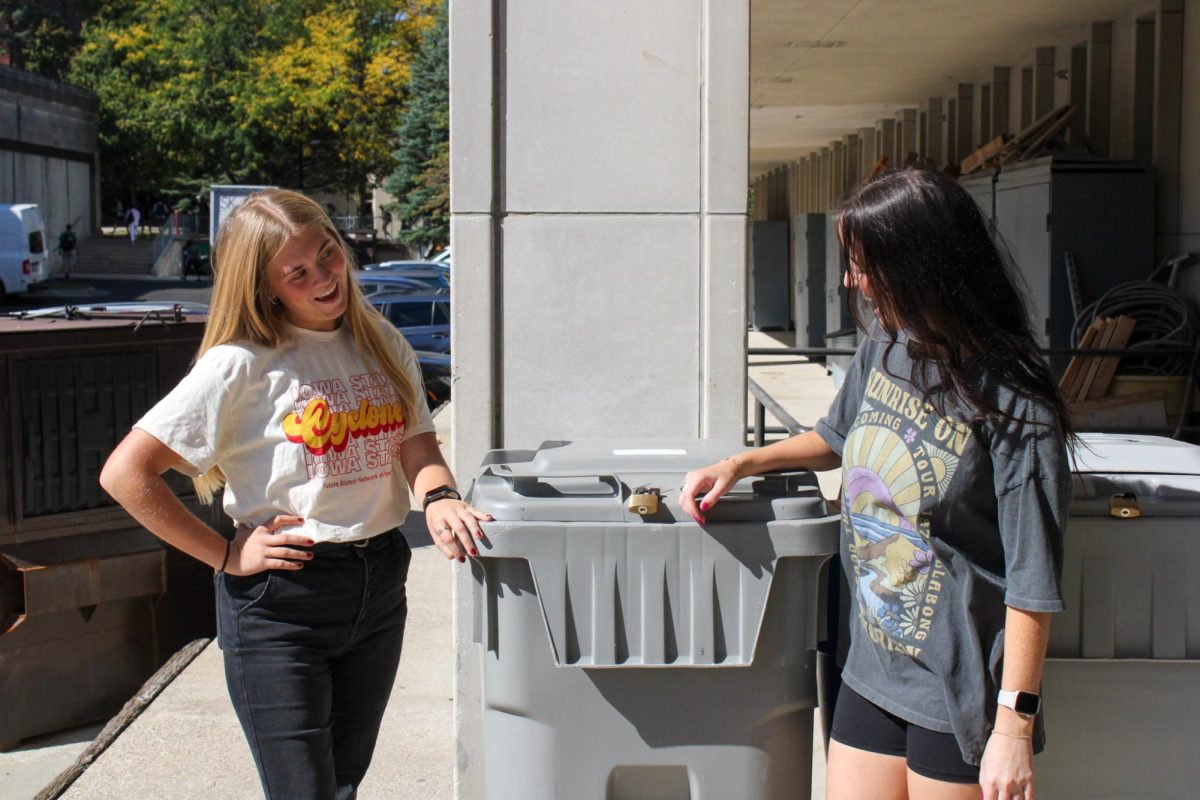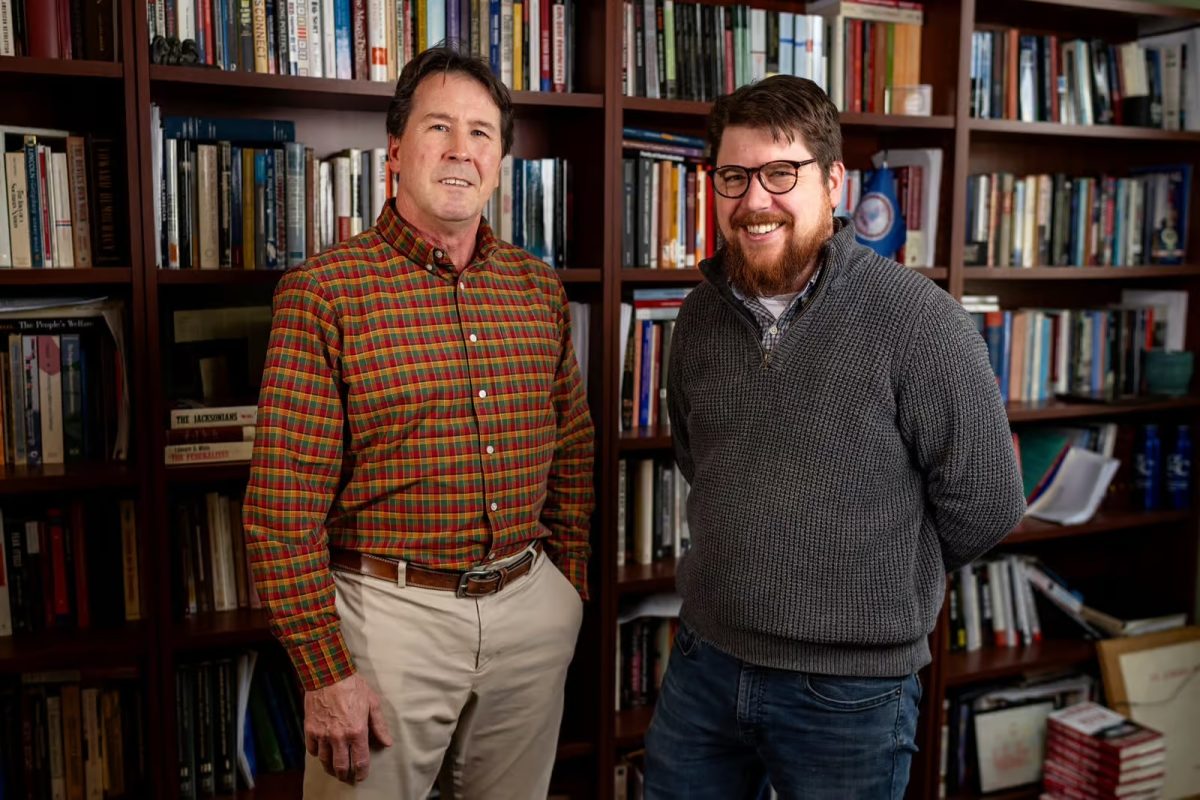Biotech good enough for me
December 10, 1999
As a user and supporter of the “bio-imperialist” products produced by companies such as Monsanto, I feel the need to refute some of what was said in Mr. Sudborough’s letter in Tuesday’s Daily.ÿ
It is true that Monsanto produces seeds that are resistant to herbicides and can produce substances toxic to certain insects.ÿ
It is not true that, as implied in his letter, these products are being forced upon an unknowing farmer.ÿ
If, and only if, a farmer chooses to plant a crop that has these traits, the farmer knowingly signs a contract stating that he cannot save the seed for the next year’s crop.ÿ
It is also stated that only Monsanto’s products may be applied.ÿ It is also true that some farmers have been prosecuted for failing to follow the contract that they willingly signed.
These companies have invested literally billions in development, and it seems only natural that they would want to protect their results with restricted use contracts.ÿ What is not true is the statement that these crops do not benefit farmers.ÿIt is also not true that they increase the use of pesticides.ÿ
The two main crops being used currently are Roundup ready soy beans and Bt corn.ÿThe Roundup ready beans can be sprayed with Roundup (or any generic form of glyphosate) and not die, unlike their conventional counterparts.ÿ The Bt corn produces a toxin that is found naturally and has been used by organic gardeners for years to combat certain garden pests.
Both of these products have had very positive effects, for the farmer as well as the environment.ÿ Roundup is a very safe herbicide that breaks down under light in a matter of hours.ÿ
It is safer than any other herbicide on the market and is very effective even at low rates.ÿ
There is no more herbicide applied using Roundup ready beans than in a conventional program, and in my experiences this summer as a crop scout in eastern Iowa, there is actually less herbicide applied.ÿ
Bt corn allows for the application of zero pesticides.ÿ Previously, organophosphates and/or carbamates (deadly neurotoxins) were needed to stave off European Corn Borer.ÿ These classes of insecticide were and remain lethal to any living creature in a field.ÿ
Following an application of these products, there is almost no life to be found, no ladybugs, no butterflies, no birds, nothing.ÿ
The product of the Bt gene is lethal to only a select few insects, the vast majority of them harmful to crops.ÿ
Again, this product is both beneficial to the farmer as well as the environment.
While it is true that companies such as Monsanto do have certain requirements when a farmer chooses to use their technology, the farmer is not forced to plant and use any product of those companies.ÿ
There are literally hundreds of varieties of seed that can and are being saved for future use.ÿ
There are also several companies that do not have restricted use requirements on their seeds or chemical products (aside from EPA and FDA label uses of herbicides).ÿ
With crops such as corn and soybeans that have virtually no close relatives in the wild, a gene transfer creating a so called “super weed” is very unlikely.ÿ
If it were to happen, it would only have resistance to a single herbicide, and there are many, many options in controlling weeds.ÿ The same goes for insects. There is more than one way to kill a bug. Bt offers the safest and most environmentally friendly one.ÿ
If future use of biotechnology continues, we will find even better and safer ways to control the problems that have plagued farmers and humankind for thousands of years.ÿ We will also be able to create the very things Mr. Sudborough would like to see.
That being the use of these technologies to create edible vaccines and treatments for a wide variety of human health issues.ÿ
However, if these technologies continue to be attacked, public perception will continue to worsen and acceptance of products which more directly impact our lives may not be accepted at all.
To call these incredible advances in pest management “Frankenstein food” is not only showing ignorance, but is potentially destroying practices that could better feed the world, improve our environment and save many lives.
Aaron Cummings
Senior
Agronomy






